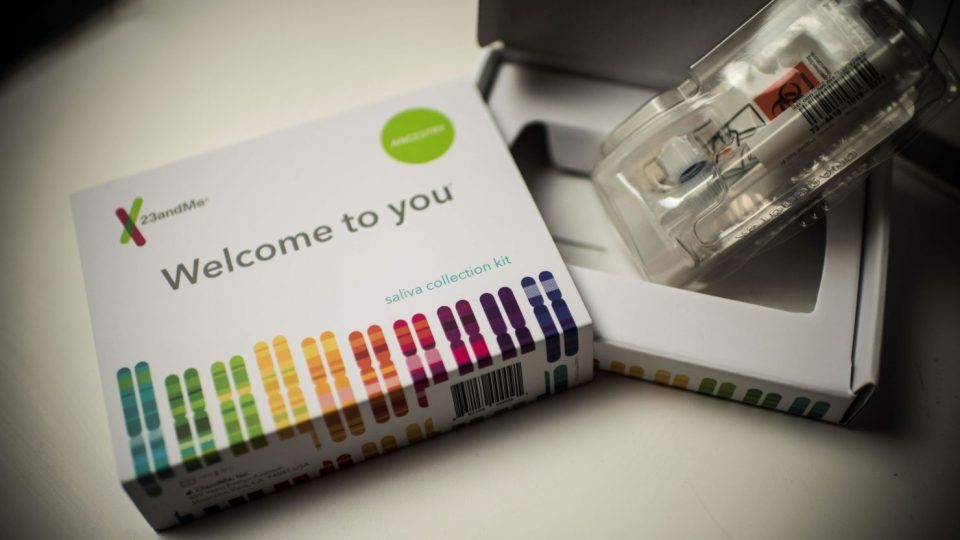Regeneron Pharmaceuticals (NASDAQ: REGN) is set to acquire 23andMe Holding Co. (OTC: MEHCQ), the once high-flying consumer DNA testing company, for $256 million after a bankruptcy auction. This deal marks a dramatic turn for 23andMe, which was valued at $6 billion at its peak just a few years ago.
23andMe, founded in 2006, became a household name by selling at-home saliva DNA kits that promised to unlock insights into ancestry and health risks. The company went public in 2021 through a SPAC merger, debuting with a market capitalization of $3.5 billion. At its height, the company’s valuation reached $6 billion, with shares trading above $300.
However, the business model that fueled 23andMe’s meteoric rise also contributed to its downfall. Most customers only needed to take the DNA test once, which meant the company struggled to generate recurring revenue. By 2024, its valuation had plummeted to just 2% of its peak. The company posted a loss of $681 million on $192 million in sales in 2024, following a $312 million loss the previous year.
Adding to its woes, 23andMe suffered a major data breach in 2023 that compromised the genetic information of millions of customers, further eroding public trust and interest in its services. The company filed for bankruptcy in March 2025, seeking a buyer to rescue its core business.
Regeneron, a large-cap pharmaceutical company known for its investments in genetic research, emerged as the sole bidder for 23andMe’s assets. The acquisition will include the company’s Personal Genome Service, Total Health, and Research Services business lines, as well as its biobank of genetic data from about 15 million customers. Notably, the deal excludes 23andMe’s Lemonaid Health telehealth business, which is set to be discontinued.
After the acquisition closes, expected in the third quarter of 2025, 23andMe will operate as a wholly owned subsidiary of Regeneron. Regeneron has emphasized its commitment to upholding 23andMe’s privacy standards and complying with all relevant regulations regarding the use of customer data. The company has agreed to oversight by a court-appointed supervisor to ensure the security and ethical use of the genetic data it will acquire.
For 23andMe’s 15 million customers, the main concern has been the fate of their sensitive genetic data. Lawmakers and privacy experts raised alarms during the bankruptcy process, worried that the data could be sold to less scrupulous buyers. Regeneron’s assurances about privacy compliance and court oversight may help ease some of those fears, but the transition will be closely watched.
The acquisition also signals Regeneron’s belief in the continued value of large-scale genetic data for research and drug development. Regeneron’s co-founder, George Yancopoulos, highlighted the company’s experience with data management and its track record of using genetic information, with consent, to drive scientific discovery.
23andMe’s story is a cautionary tale of a tech-driven company that soared on consumer enthusiasm and investor optimism, only to be brought down by business model limitations, privacy concerns, and changing market dynamics. The company’s peak valuation of $6 billion in 2021 now stands in stark contrast to the $256 million price tag Regeneron is paying in 2025, a loss of more than 95% of its value.
For Regeneron, the acquisition is a bet that the trove of genetic data and the remaining brand equity of 23andMe can be leveraged for future growth in precision medicine and drug discovery. As the dust settles, 23andMe’s journey from Silicon Valley darling to bankruptcy sale will be studied for years to come by entrepreneurs, investors, and anyone interested in the intersection of technology, health, and privacy.

